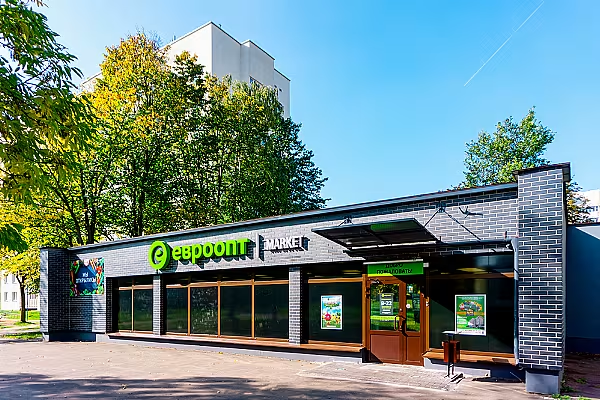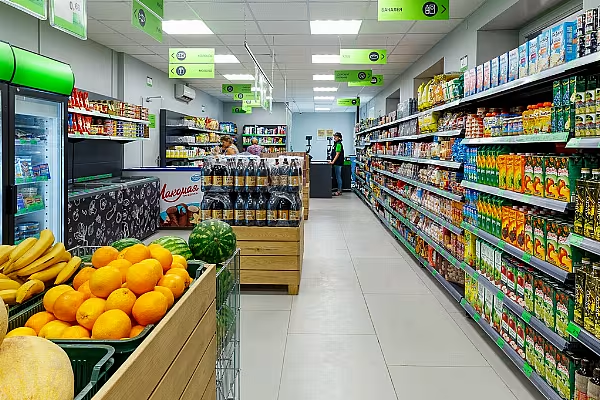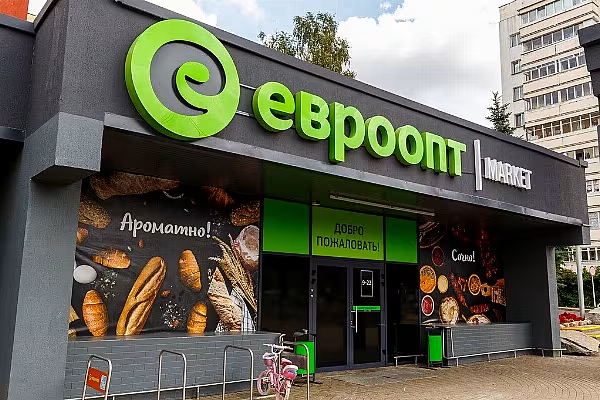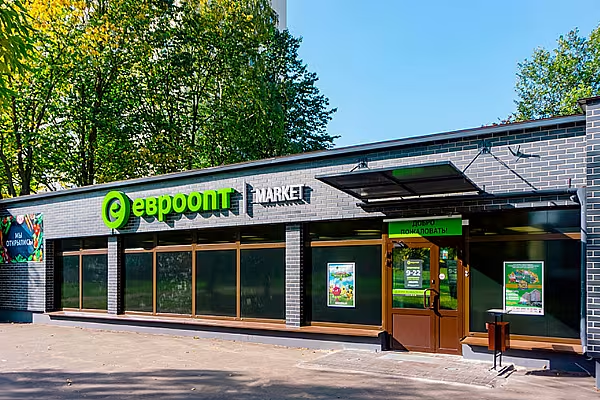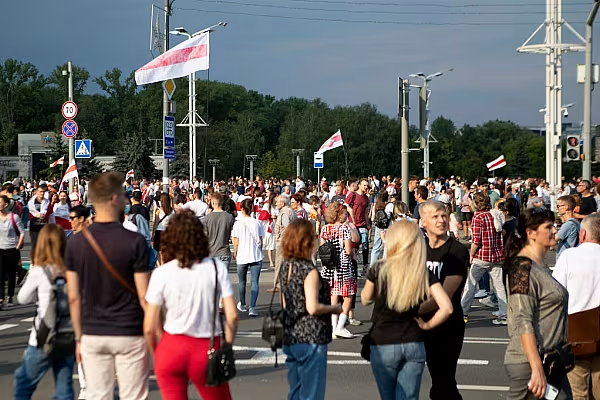Belarus' Eurotorg has posted a 11.5% increase in net retail sales in the first half of its financial year, underlining the company's status as 'one to watch' in CEE retail.
ESM: European Supermarket Magazine caught up with Eurotorg chief executive Andrei Zubkou, to discuss the company's half year results and where it sees future growth opportunities developing.
ESM: In recent quarters, Eurotorg has been able to build both like-for-like traffic and basket size; what have been the driving factors behind this?
Andrei Zubkou: The increase in like-for-like traffic has been supported by a favourable macro environment, as the Belarusian economy has continued to accelerate, with real GDP growth reaching 4.5% in H1 2018, building on the recovery that we saw in 2017.
The key driver of the increase in traffic in H1 2018 was growth in real wages and real disposable household income of 13.0% and 7.6%, respectively.
The increase in the average basket was driven by continuing and newly launched marketing activities, most notably 'Udacha v Pridachu'. This is the most popular lottery in Belarus, with two million participants [out of a population of 9.5 million]. Customers get a lottery participation code for every BYN 10 [about €4] they spend, and every week a draw is made with the grand prizes being an apartment in Minsk and five cars.
These and other marketing efforts have encouraged customers to buy more each time they come to the store, and thus boost their chances of winning. In total, revenue from tickets participating in marketing games increased from 26% of retail sales in H1 2017 to 37% in H1 2018, which demonstrates its popularity among customers and importance to Eurotorg’s performance.
We believe that the macroeconomic environment will support Eurotorg’s performance going forward. We are hopeful that the Belarusian economy is on a path for growth, and that this will be reflected in the performance of the grocery market. Marketing activities will also continue to have a strong impact on consumer behaviour.
Eurotorg's recent strategy has been to focus on building the brand in rural and under-penetrated areas - what are your full-year targets with regard to this strategy?
We do not give specific forecasts for individual metrics, but we remain committed to expanding our core offline grocery retail business in line with our strategy of opening smaller-format stores, including in rural areas of Belarus that currently have no or limited access to modern retail services.
Eurotorg’s value proposition is extremely attractive to customers in these areas, as it means they can save money and have access to a high-quality assortment including fresh items.
Belarus is still heavily under-penetrated with modern formats, and we see considerable scope for further expansion, both in areas where we already have a presence and into new geographies in the country.
Eurotorg store openings are positively received by local populations as we have the highest brand loyalty and brand awareness in the country. Eurotorg stores are the most visited stores, enjoying the status of 'Store of Choice' for 43% of Belarus citizens.
Does the group intend to continue adopting an asset-light strategy in terms of expansion, focusing on leased premises rather than company owned sites?
Yes. We believe that this is the most efficient model for our expansion plans with superior returns on capital, and gives us the necessary flexibility to be able to move quickly and respond to market conditions and consumer demand while continuing to capitalise on our well-invested retail infrastructure.
In H1 2018 around 90% of new stores were opened in leased premises. Our annualised ROIC of 29% in H1 2018 clearly shows that our asset-light strategy is efficient and creating value.
As well as opening new sites, how is Eurotorg's store refurbishment / portfolio differentiation programme going?
We operate a multi-format retail network, with four different grocery formats: Urban convenience, Rural convenience, Supermarket and Hypermarket. Developing our convenience stores is our main focus at present, as this is the format that is likely to drive market growth going forward.
We distinguish between urban and rural convenience stores – those in settlements with populations of under 2,000 – due to our active expansion in rural areas started in 2018.
Management also believes that the restyled banners and recently updated brand book are more closely aligned with the company’s segmentation of its customer value propositions for different formats and will contribute to stronger communication with consumers.
The new Eurotorg brand book places a greater emphasis on green colours in order to give customers a deeper association with the fresh and healthy assortment of products that the company offers.
Most modernisation is being carried out in larger-format stores [supermarkets and hypermarkets]. Equipment is being updated, and we are launching branded own-production food zones and cafes inside stores. All of this is aimed at supporting traffic at larger-format stores.
The cost to the company of such modernisation is relatively low, but it means that customers have the same customer experience at all of our stores.
We are continuing to make targeted improvements and refreshing the business as necessary, while adhering to our capex-light strategy.
Eurotorg recently announced a €20 million loan agreement with the EBRD. How important was this to the future development of the group, and how will these funds be utilised?
Optimising our debt portfolio is a strategically important initiative, and we are always on the look-out for opportunities to reduce our borrowing costs and extend our debt repayment schedule. The loan agreement with the EBRD fulfilled both those objectives.
In addition to the financial benefit to the company, the loan agreement again underscores Eurotorg’s strong standing as a high-quality borrower with a robust strategy, efficient business model and significant potential for future growth. The EBRD is a long-standing partner of Eurotorg, and we will also be working with them on a comprehensive plan to improve corporate governance.
What potential challenges, if any, do you see on the horizon for the business?
Overall we are upbeat on the outlook for the business. We believe that positive macro trends will support our further expansion across Belarus, while positive structural trends including increasing numbers of customers making online purchase represent a tailwind for our e-commerce businesses.
© 2018 European Supermarket Magazine – your source for the latest retail news. Article by Stephen Wynne-Jones. Click subscribe to sign up to ESM: European Supermarket Magazine.
